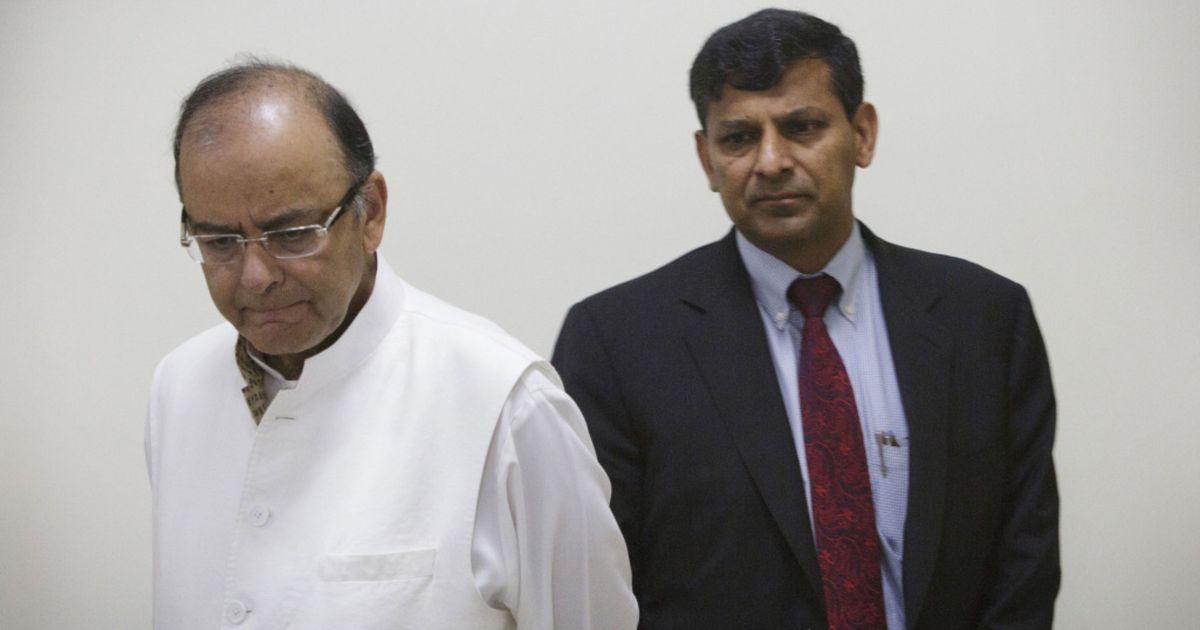Solving India’s Hunger Problem – Why and How?
‘World hunger’ refers to the want or scarcity of food in a country. As the economies progress and development goes forward, the evil of hunger becomes a bigger challenge with growing populations. The United Nations Food and Agriculture Organization (UNFAO) estimates that about 795 million people of the 7.5 billion people in the world were suffering from chronic undernourishment in 2014-2016. That’s one in nine people. And almost all the hungry people, i.e., 780 million people live in developing countries including India.
Hunger has taken its largest toll in Southern Asia including India, Pakistan and Bangladesh. Imagine the statistics on the children demographic. Globally, 161 million under-five-year olds were estimated to be stunted in 2013. Thus solving the problem of hunger is not a choice anymore. The reasons are plenty but the most prominent of them all is it’s slowly destroying our future – the children.
How can the hunger problem be solved? Of course there are top non-governmental organisations working towards reducing under nourishment among children. A lot of charity fundraising happens on a large scale in India where people generously donate for the cause. However, the real effort is in the detailing.
School to school
One of the non-profit organisations based out of Bangalore, identified the place where undernourished children can be found easily. There are several government schools around India that struggle to get children to school. The most common reason for kids skipping school is economic condition. While both parents need to work to fend for their families, older children are kept in charge of younger siblings. When some organisation decided to incentivise education by providing mid-day meals in schools, the idea caught up quickly. One of the best ways to solve the problem is to reach out to undernourished children and ensure both nutrition and education. The organisation encourages tax deductible donations apart from working in active partnership with the government.
Awareness
Through Aanganwadi meals given to mothers and toddlers, the organisation also engages in making women aware of healthy nutrition for children. This sensitises mothers towards ensuring that they feed their children a healthy meal every day. When they cannot provide for these meals, non-governmental organisations engages in facilitating the same.
The fight to hunger needs to be carried out with a concrete plan. It’s vital that these plans are localised based on country and regions in order to be effective. You can play your part by donating from wherever you are.
Source by Manjunath Degala



